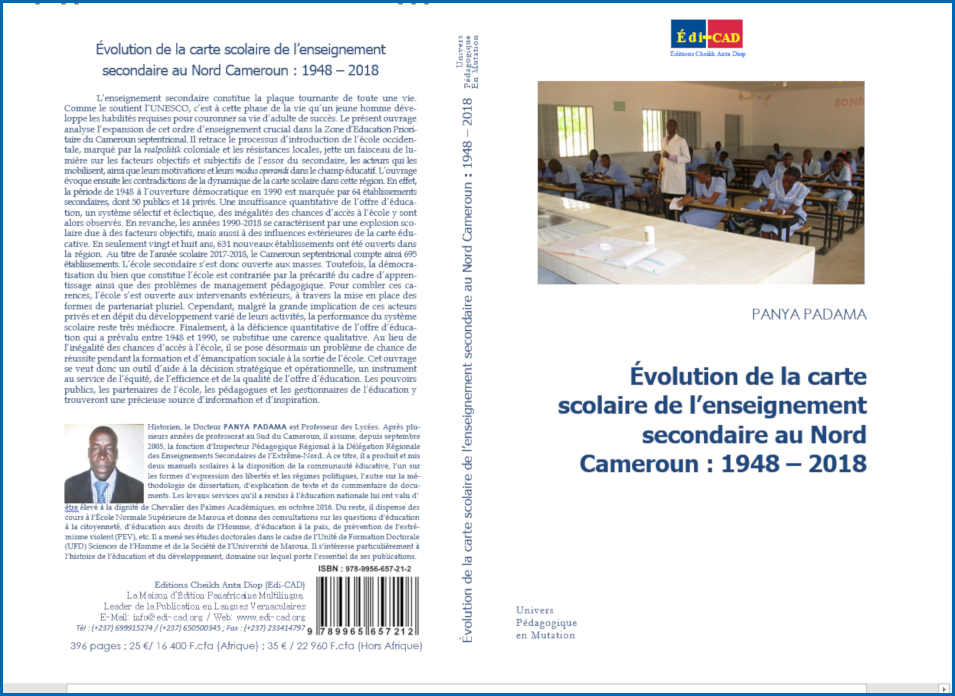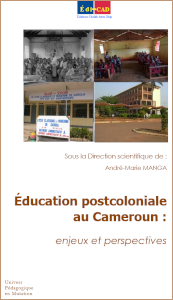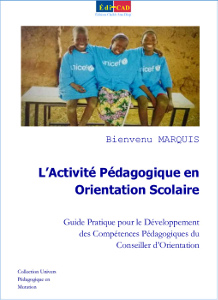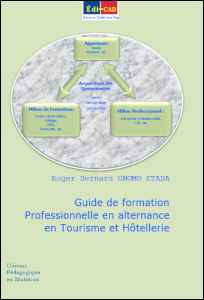
Summary
The author
Historian, Dr. PANYA PADAMA is Professor of High Schools. After several years of teaching in the South of Cameroon, he assumed, since September 2005, the function of Regional Pedagogical Inspector at the Regional Delegation of Secondary Education in the Far North. As such, he has produced and made two textbooks available to the educational community, one on forms of expression of freedoms and political regimes, the other on methodology of dissertation, text explanation and commentary of documents. His loyal service to national education earned him the dignity of Chevalier des Palmes Académiques in October 2016. Moreover, he teaches at the École Normale Supérieure de Maroua and gives consultations on issues of citizenship education, human rights education, peace education, prevention of violent extremism (PEV), etc. He conducted his doctoral studies in the framework of the Doctoral Training Unit (UFD) Human Sciences and Society of the University of Maroua. He is particularly interested in the history of education and development, which is the subject of most of his publications.
Details of the book
| Title | : | Évolution de la carte scolaire de l’enseignement secondaire au Nord Cameroun : 1948 – 2018 |
| Author | : | PANYA PADAMA |
| Editor | : | Editions Cheikh Anta Diop |
| Collection | : | Collection Univers Pédagogique en Mutation |
| ISBN-13 | : | 978-9956-657-21-2 |
| Language | : | French, English |
| Number of pages | : | 396 |
| Size | : | 26 X 39,5 cm |
| Publication date | : | September 17, 2018 |
| Price | : | Africa : 16 400 F.cfa / 25 € - Out of Africa : 22 960 F.cfa / 35 € |
| Order the book | ||







